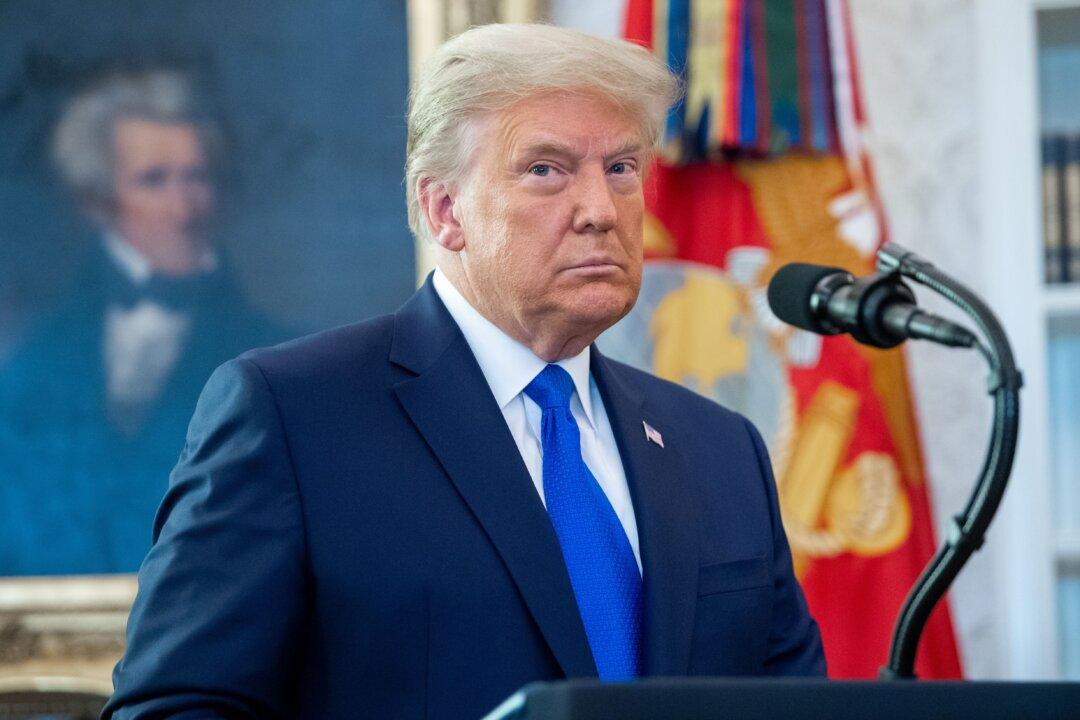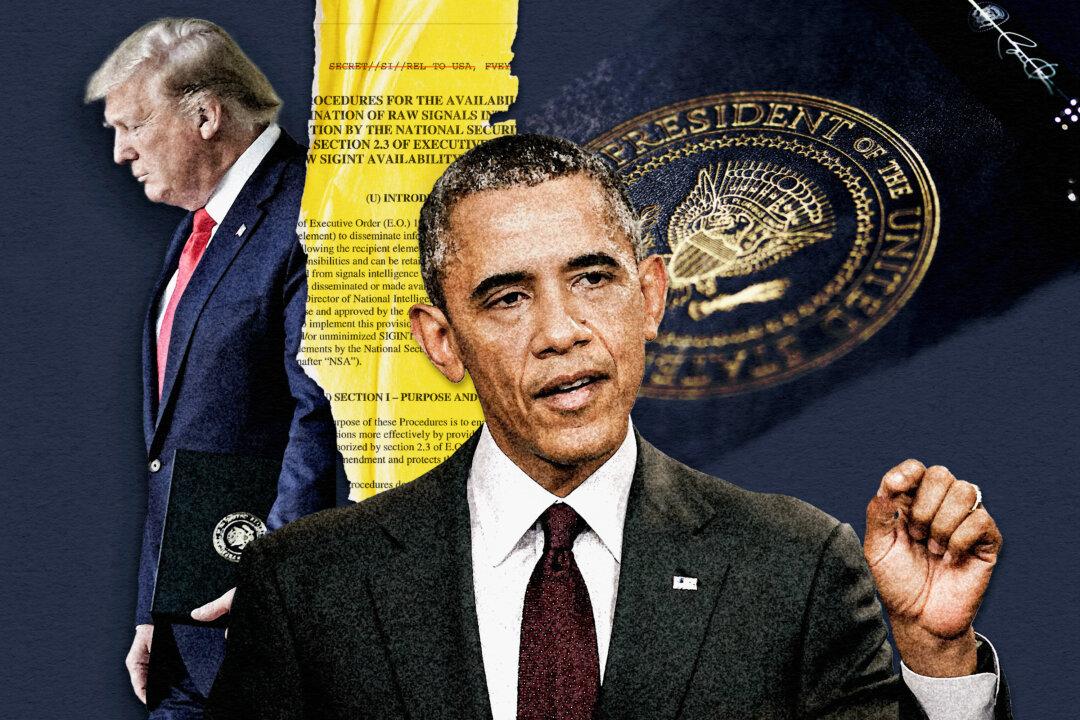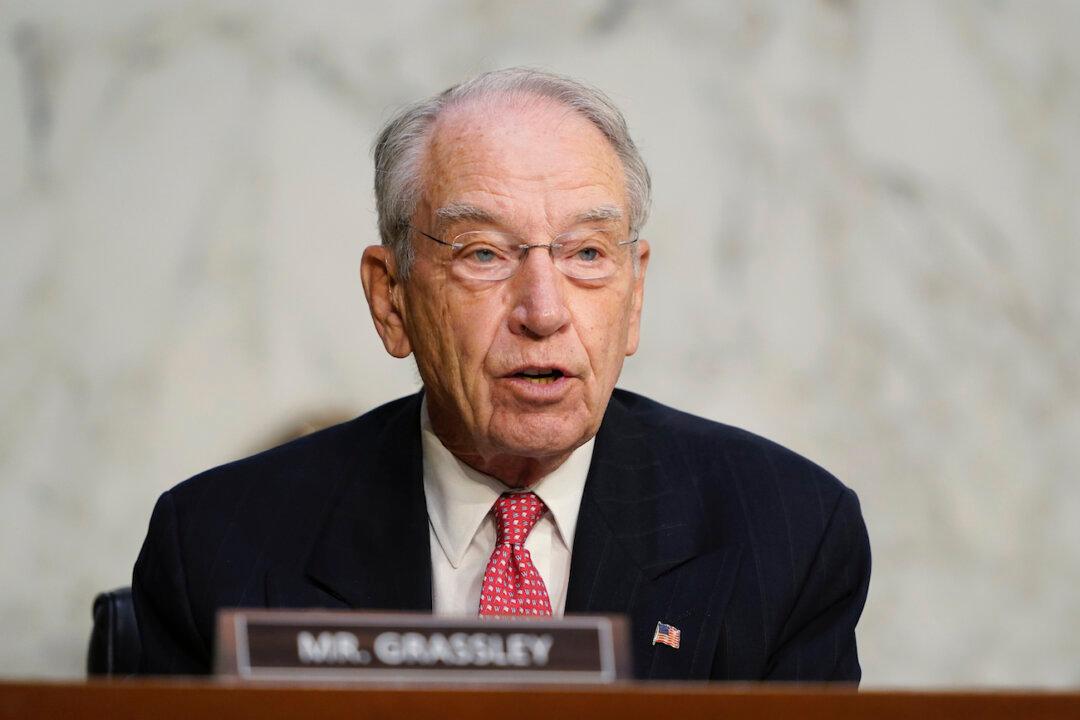Fusion GPS co-founder Glenn Simpson reportedly invoked his Fifth Amendment right against self-incrimination during a closed-door interview on Oct. 16, after being subpoenaed by a joint House panel. What might be overlooked is that Simpson also invoked his First Amendment right to freedom of speech and freedom of association.
Fusion GPS, the firm that commissioned the dossier produced by former MI6 agent Christopher Steele, also employed Nellie Ohr, the wife of former Associate Deputy Attorney General Bruce Ohr.





